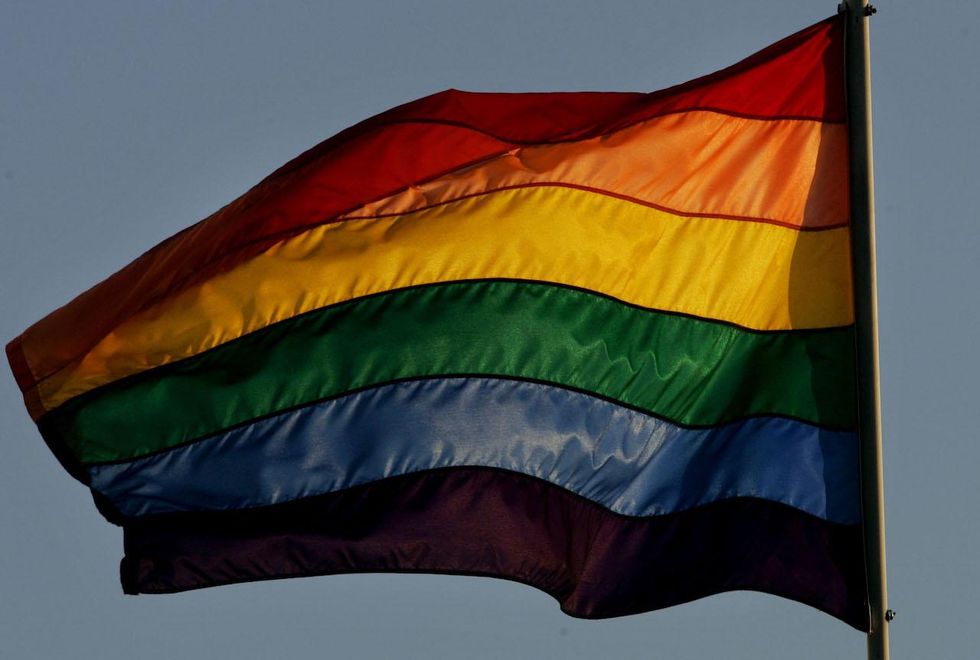
A Florida judge has ruled against a woman who claimed she was discriminated against for being a transgender at a fundraising event advertised for "ladies only."
(Getty Images)

A Florida judge has ruled against a woman who claimed she was discriminated against for being transgender at a fundraising event advertised for "ladies only."
Escambia County Judge Edward P. Nickinson wrote in his final ruling filed last week, that "in the peculiar circumstances of this particular event, that unqualified statement that Ms. Love 'is a woman' does not necessarily apply."
Nevaeh Love, who's anatomically a man, according to court documents, filed suit against Royalty-N-Heelz organizers after she was asked to move from a seat near the event's performers to a table further away.
Nevaeh Love claimed she was singled out and discriminated against after being asked to change seats at the June 2016 event in Pensacola.
The American Civil Liberties Union of Florida argued that the group violated Love's civil rights.
But the defendant, Katoshia Young, told the court that the reason Love was asked to move was that the entertainers were male exotic dancers and her presence made them uncomfortable.
The dancers "expressed objections to performing their show, which involved some degree of disrobing and mingling with the patrons, if a person they considered to be male was to be in the audience," the judge wrote.
When asked to move seats, Love asked for a refund. It was granted and then she left the building, according to the documents.
"If this were a case in which Ms. Love had been discriminated against in her job or for a seating at a restaurant table or for a room at a hotel, it is very likely that her case would have merit," Nickinson wrote.
The judge said the nature of the performance changed the equation.
"And perhaps more importantly, this case is about performance involving bodily contact between the performers and audience which is either sexual or sexually suggestive in nature," he wrote.
Nickinson wrote that the dancers "clearly" did not consider Love to be a woman, adding that in some circumstances, "the physical attributes, male or female, of a person's body simply can make a difference."
"No person should be required to perform body-contact sexual or sexually suggestive acts with another except by consent. The court believes that a judgment in favor of Ms. Love, in this case, would violate that basic premise," he concluded.
Neither the plaintiff or defendant received an award in the case. The judge's decision in full can be read here.
The ACLU of Florida had hoped to use Love's case to set a precedent for transgender people in Florida, according to Pensacola News Journal.
Florida's Civil Rights Act doesn't specifically point to gender in its language to protect citizens from discrimination based on race, color, religion, sex, pregnancy, national origin, age, handicap or marital status.
Nickinson noted in his ruling that Love "should not prevail on her claim, in this case, the Court does not take issue with any of the multitude of cases finding that statutory prohibitions against discrimination on the basis of sex extend to transgender persons."